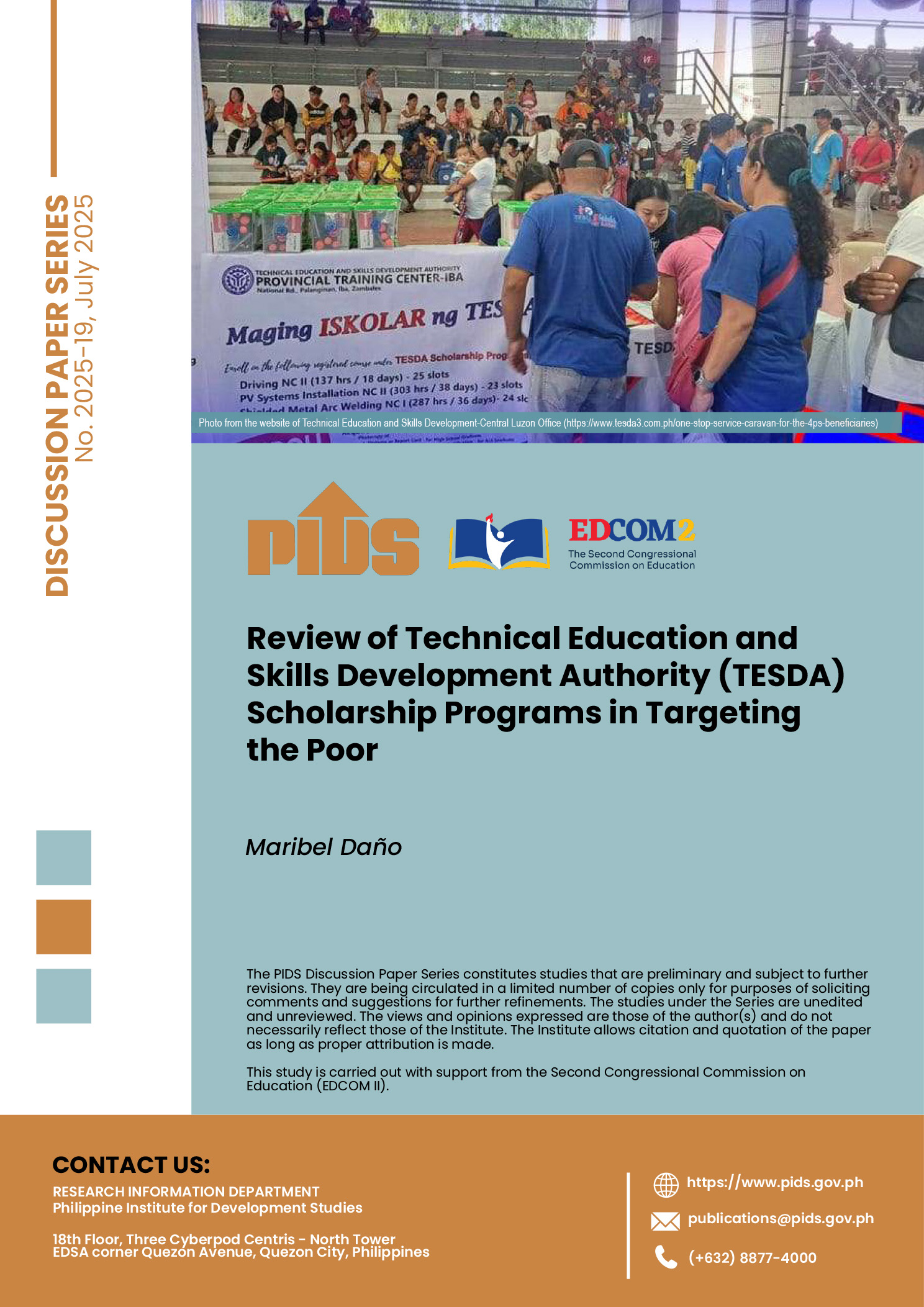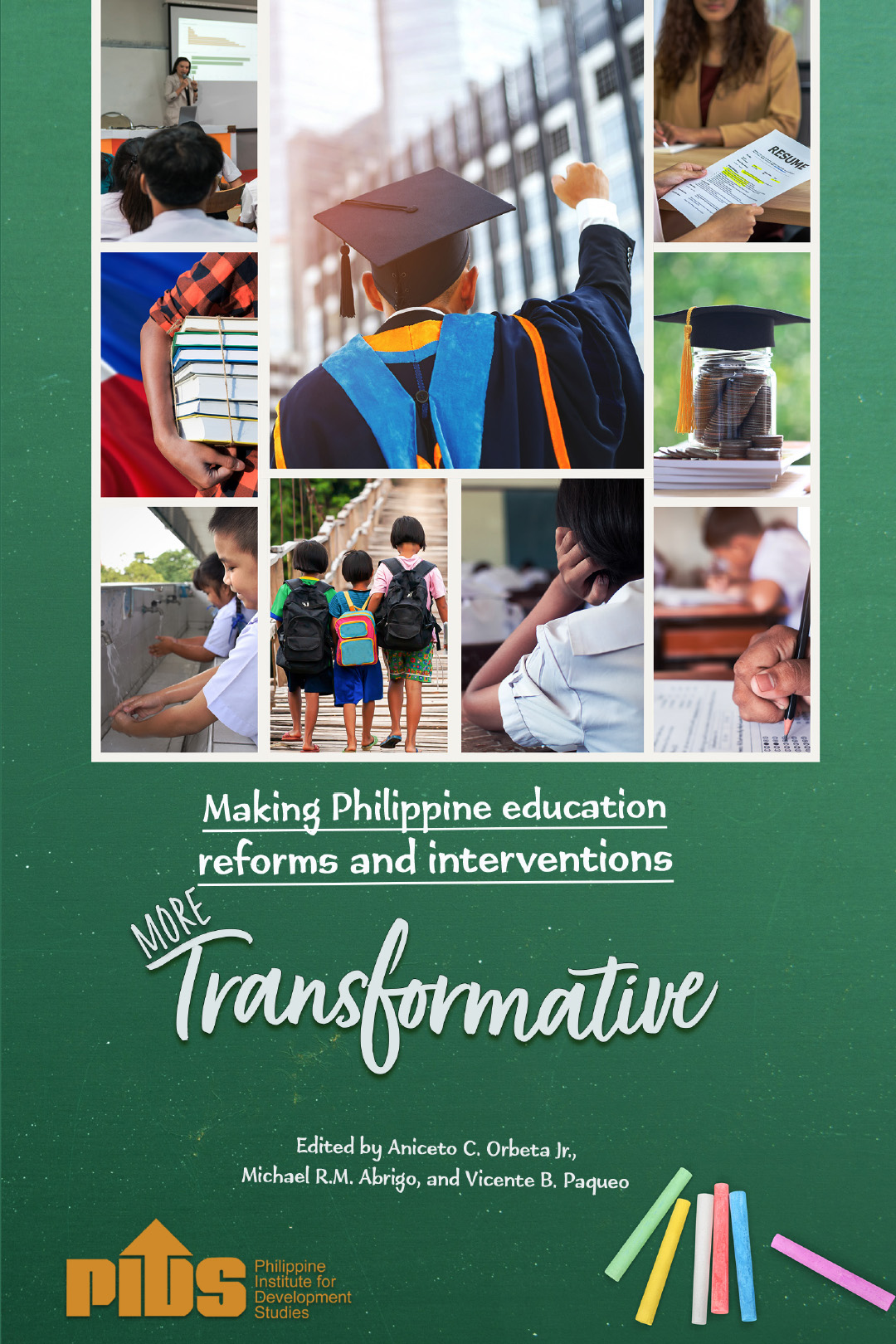A STUDY conducted by the Philippine Institute for Development Studies (PIDS) has revealed the operational difficulties experienced by the Commission on Higher Education (CHEd), as well as other factors that impacted Philippine education like the Covid-19 pandemic.
"Strengthening CHED's Developmental and Regulatory Capacity," a report authored by PIDS consultants Fernando Aldaba, Joselito Sescon and Karl Eli Alconis, offered an analysis of the current state of the nation's higher educational system.
It showed that the Philippines has posted a nearly twofold increase in college dropout rates, from 20 percent in 2019 to 41 percent in 2020, mainly due to the Covid-19 pandemic.
A gross tertiary enrollment rate of 34.89 percent, which was comparable to other lower-middle-income nations, was indicative of modest progress, the report said.
It mentioned aggravating factors, including growing regional disparities, uneven educational standards, and dwindling private school enrollment, which has reached its lowest point since 1945.
The report noted that public universities in Metro Manila frequently outperform their competitors in other regions, despite the fact that government financing for these schools has increased.
It said that CHEd-approved roles were still unfilled in over 25 percent of cases, which causes bureaucratic delays and inadequate program monitoring.
Advertisement
Only 65.2 percent of the Higher Education Development Fund, it added, has been allocated to faculty development and infrastructural improvements.
In contrast, the authors said neighboring Asean nations were successful in implementing educational reforms.
Thailand has matched the demands of the job market with vocational training, whereas Singapore has promoted robust public-private partnerships.
Indonesia has encouraged university autonomy while retaining regulatory monitoring.
Malaysia and Vietnam, on the other hand, have implemented open educational systems.
The authors recommended that CHEd enhance internal staffing, expand its budget, and implement contemporary digital monitoring and evaluation methods to implement successful reforms.
It also suggested stronger collaborations with domestic and foreign academic institutions and frequent inclusion of stakeholders in consultations.
"CHED has historically leaned toward regulation over development. For higher education in the Philippines to evolve into a true launchpad for future-ready graduates, it must strike a better balance between oversight and support," the authors said.












